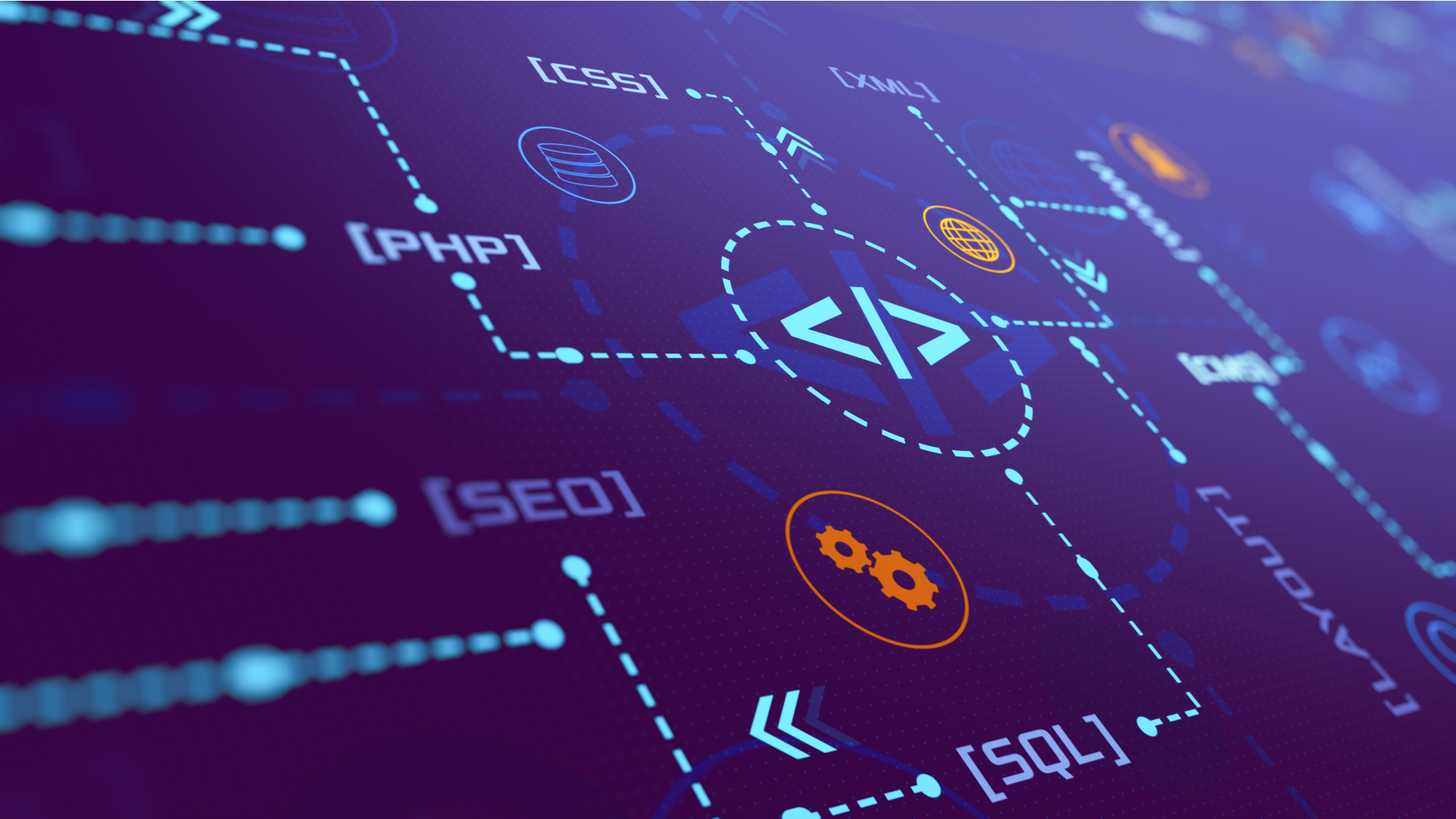Selecting the right PHP framework is crucial for the success of your web development
project. With numerous frameworks available, each offering unique features and benefits,
making an informed choice can significantly impact your project’s efficiency, scalability, and
maintainability. This guide will explore key considerations to help you choose the best PHP
framework for your specific needs.
1. Understand Your Project Requirements
The first step in selecting a PHP framework is to clearly define your project requirements. Consider the following questions:
- What is the scale of your project? Are you building a simple blog, a complex e-commerce site, or a large enterprise application? The complexity and size of your project will influence your framework choice
- What functionalities do you need? Identify must-have features such as user
authentication, database management, content management systems (CMS), or e-commerce capabilities.
- What is your expected user base? If you anticipate high traffic or data volume
growth, choose a framework that can scale effectively
Understanding these requirements will guide you in selecting a framework that fits your project’s needs
2. Evaluate Framework Popularity and Community Support
A framework's popularity often correlates with its reliability and support. Popular
frameworks tend to have larger communities, which means more resources, tutorials, and
third-party plugins are available. For instance:
- Laravel
Laravel is known for its elegant syntax and extensive documentation. It has a vibrant
community that contributes to its ecosystem, providing numerous packages and
resources. The Laravel community actively engages through forums, GitHub
discussions, and social media platforms, making it easy for developers to find help
and share knowledge.
- Symfony
Symfony is widely used in large-scale applications and offers robust community
support. While some developers have noted challenges in finding extensive tutorials
compared to Laravel, the Symfony community remains active on platforms like
GitHub Discussions and Slack. Resources such as SymfonyCasts provide valuable
learning materials, although some are behind a subscription model.
- CodeIgniter
CodeIgniter is recognized for its simplicity and lightweight nature. It has a smaller but
dedicated community that offers support through forums and documentation. The
framework is particularly appealing to beginners due to its straightforward setup and
minimal configuration requirements.
- Yii
Yii is known for its high performance and security features. It has an active
community that contributes to its development, offering forums and documentation
for users seeking assistance. Yii also provides tools like Gii, which helps generate code
quickly, making it easier for developers to get started.
- Phalcon
Phalcon stands out due to its exceptional speed as it is implemented as a C
extension. Its community is passionate about performance optimization, providing
support through forums and GitHub discussions. While it may not have as extensive a
library of resources as Laravel or Symfony, the focus on performance makes it a
unique choice.
Choosing a well-supported framework ensures that you can find help easily when facing
challenges during development.
3. Consider Learning Curve and Developer Experience
The learning curve associated with a framework can significantly affect your development
timeline. If your team is already familiar with a particular framework, it may be wise to
leverage that expertise. Here are some considerations:
- Ease of Use: Frameworks like CodeIgniter are known for their simplicity and quick
setup, making them ideal for beginners or smaller projects.
- Complexity: More sophisticated frameworks like Symfony may offer advanced
features but come with a steeper learning curve.
Assessing your team’s skill set will help determine whether to choose a beginner-friendly
framework or one that offers more advanced capabilities
5. Security Features
Security should be a top priority when selecting a PHP framework. Look for frameworks that
offer built-in security features such as:
- Input Validation: Protect against SQL injection and cross-site scripting (XSS) attacks.
- Authentication Tools: Ensure user data is secure with robust authentication mechanisms.
Frameworks like Yii provide built-in security measures, including user-based access control
and protection against common vulnerabilities.
6. Documentation and Resources
Comprehensive documentation is essential for effective development and troubleshooting.
A well-documented framework allows developers to quickly understand features and best
practices. Check for:
- Quality of Documentation: Is it clear, thorough, and up-to-date?
- Availability of Tutorials and Guides: Are there ample resources available online to
assist with learning?
Frameworks like Laravel offer extensive documentation along with community forums where
developers can seek assistance.
7. Long-Term Viability
Consider the long-term viability of the PHP framework you choose. Look for frameworks that
are actively maintained and updated to keep pace with evolving technologies:
- Regular Updates: Ensure the framework receives regular updates for security
patches and new features.
- Active Development Community: A thriving community indicates ongoing support
and innovation.
Frameworks like Laravel, CodeIgniter and Symfony have established reputations for long-term viability due to their active development teams.
Bottom Line
Choosing the right PHP framework involves careful consideration of various factors, including
project requirements, community support, developer experience, performance, security
features, documentation quality, and long-term viability. By thoroughly evaluating these
aspects, you can select a framework that not only meets your current needs but also
supports future growth.
Frameworks like Laravel, Symfony, and CodeIgniter each offer unique advantages tailored to
different project needs. Laravel’s elegant syntax is perfect for rapid development, while
Symfony suits complex applications needing modularity. CodeIgniter provides simplicity and
efficiency for smaller projects or those requiring quick deployment.
Ultimately, the right PHP framework will streamline your development process, enhance
application performance, and ensure that you deliver a robust solution tailored to your
users’ needs. Making an informed choice will set the foundation for your project's success in
an ever-evolving digital landscape
Technology
